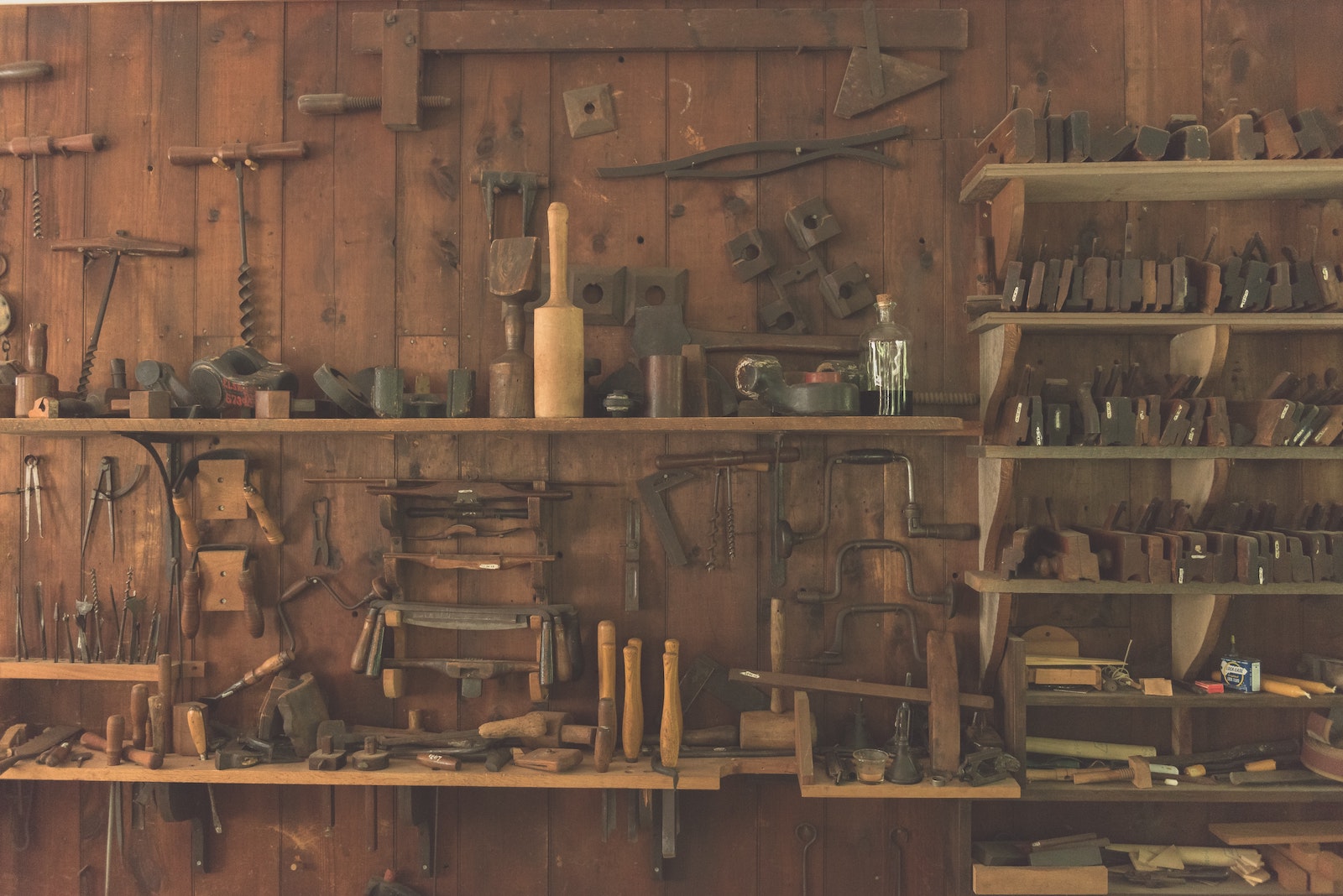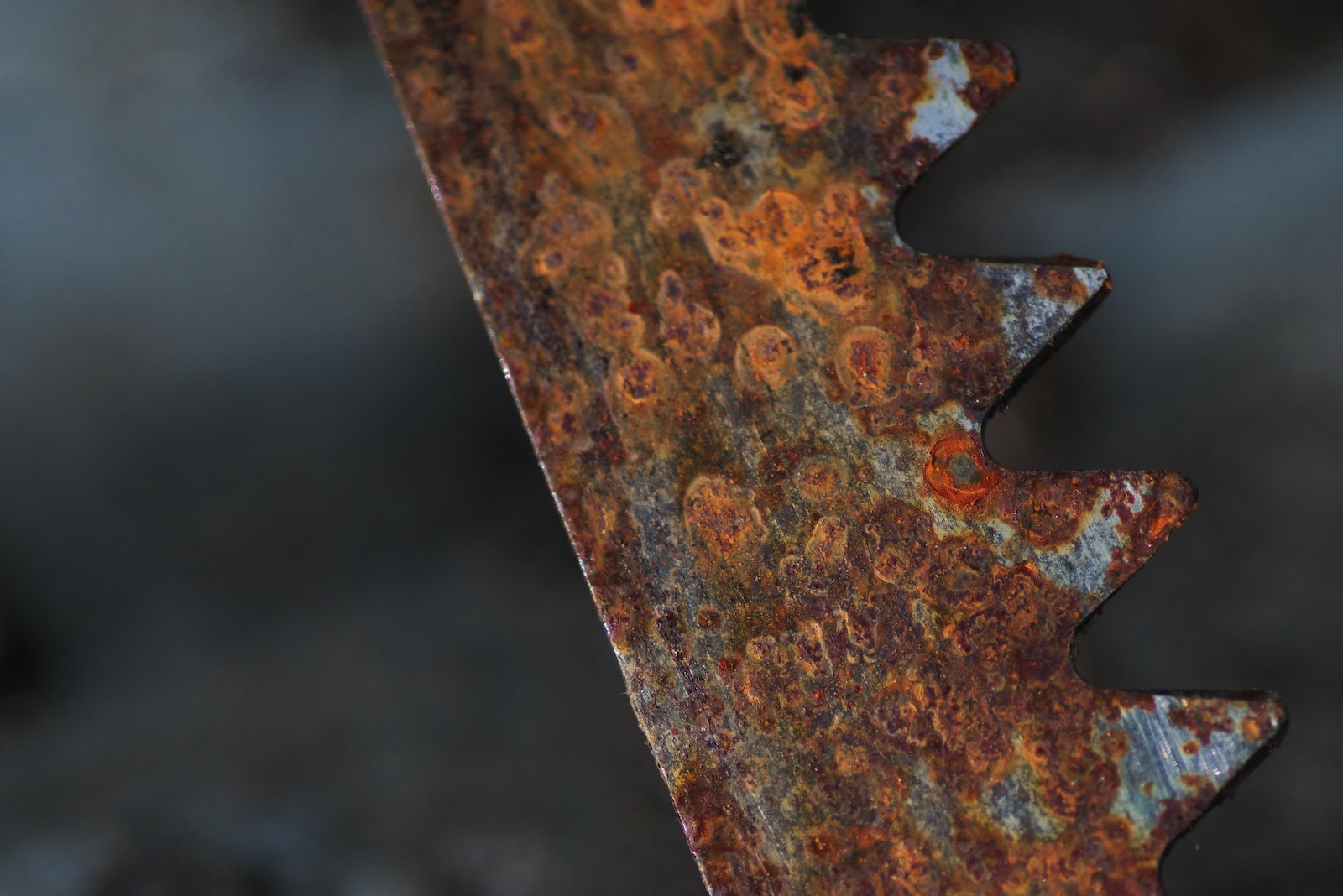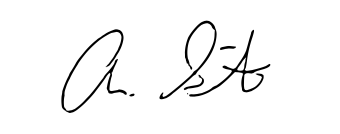A Practical Guide to Buying Antique Tools
Oct 7th 2021

Antique tools are a great option for outfitting your workshop. They are inexpensive, look great, and built to last. Antique tools also carry the history of their past owners and the companies that made them. They are historical artifacts that remind us of the people who lived and worked in the past. However, acquiring antique tools for your workshop is difficult. There isn't a store that provides a modern shopping experience for buying antique tools that lets you purchase quickly, easily, and with confidence.
Why Buy Antique Tools?
There are a lot of choices when it comes to buying tools. You can choose power tools or hand tools, new tools or used tools, and there are an endless number of different brands available. When making a choice about what tool to buy it's helpful to think about your intended purpose for the tool and the experience you want when using it. Fundamentally speaking, a tool is something that is intended help you perform a task. This is the minimum requirement of a tool. Unfortunately, there are tools that do a very poor job of doing the task for which they were built. In fact, most tools you find at hardware stores and home centers today fail to adequately meet this basic criteria. They are designed and manufactured to be used for a short period of time and then thrown away. Antique tools, by camparison, perform their work better and longer than their modern counterparts.
The next consideration is what kind of experience you want when working with a tool. If you are working with hand tools, you are likely interested in handcraft because of the experience it provides in contrast to other ways of working.
"The test of the machine is the satisfaction it gives you. There isn't any other test. If the machine produces tranquility it's right. If it disturbs you it's wrong until either the machine or your mind is changed. The test of the machine's always your own mind. There isn't any other test."
-Robert Pirsig - Zen and the Art of Motorcycle Maintenance
Antique tools can be satisfying to use not only because of the their quality, but also because of connections they make across time to their previous users. It's a bit quixotic, but nevertheless, a real emotional connection. The enjoyment of this connection comes in part from the desire to work and live in a way that was more common before industrialization and the modern necessity for speed over quality. The fact that the use of antique tools can provide this kind of satisfaction should not be discounted.
Cost is a practical consideration when buying tools for your workshop. The quality of antique tools can rival the quality of modern boutique toolmakers at a fraction of the cost. You can outfit your workshop with outstanding, brand new hand tools, many of which are based on designs that are more than 100 years old. These tools are great, and we should support these modern-day toolmakers, which is why you will see those tools for purchase on Bench & Chisel. However, if you are just getting started or have a limited budget, antique tools are a great options for getting quality tools at a lower price point.
Finally, buying antique tools is an environmentally friendly option. Buying a tool that already exists not only prevents that tool from potentially going to the landfill, but it also reduces the need to use more natural resources to manufacture new tools. Antique hand tools are an enormous resource buried and forgotten in garages, basements, and barns all over the country because of the rise in popularity in power tools in the 20th century.

What Antique Tools do You Need?
If you are just getting started buying tools for your workshop it can be very confusing trying to figure out what tools you need. It's easy to get carried away and think you need a long list of tools to get started. It also takes a lot of research to figure out what different hand tools do, what brands to look for, and which years good tools were produced. There are a lot of opinions out there and most of the the opinions you come across will be from tool influencers who are obsessed about every aspect of a given tool, no matter how trivial or unimportant to the average user. And let's face it, most of us are hobbyist craftspeople that work with our tools evenings and weekends. And even if you do make a living with your tools, it's important to remember that your skills are a bigger factor in the quality of the things you create than the tools you use. However, because prominent tool influencers are the ones that most often write about tools, you may be fooled into thinking that you need certain brands of a tools from a certain time period. Nothing could be further from the truth.
To illustrate this point we can consider Disston saws and Stanley hand planes. These tool are more desirable in the marketplace than Warranted Superior saws and hand planes from Fulton, Dunlap, or Craftsman. The irony is that many of these saws and hand planes were made by Disston and Stanley or other quality manufacturers, and there isn't any convincing evidence that the quality of these tools differs to the extent that it prevents the average user from doing good work. Ask yourself this question before buying a tool, "Am I buying a tool because of the name on it or because of the satisfaction it gives me when I work with it?"
Tool influencers also commonly write about the decrease in the quality of tools during and after World War II. There is some truth to this, but again, up to a certain point the difference probably won't be worth the extra cost. There were also plenty of good tools made after WWII. Ask yourself, "Will the quality of this tool prevent me from making what I want to make, or make the experience less satisfactory?" Also remember that amazing thing have been built by craftspeople using hand planes that were blocks of wood with a sharp piece of metal stuck through them.
In terms of the actual list of tools you need, don't start with a list at all. Start by thinking of something you want to make and then get the tools you need to make it. Once you do that, think of something else you feel inspired to make and buy the tools you need to make that. If you really want a list of tools to get started with, look at the lists provided in Christopher Schwarz's book, The Anarchist's Tool Chest, or Vic Tesolin's book, The Minimalist Woodworker. The tools offered at Bench & Chisel are influenced by these two books.
How Much Should You Pay for an Antique Tool?
Knowing what to pay for an antique tool is one of the most frustrating parts of the antique tool shopping experience. Nobody wants to overpay for something they buy, especially when buying something used that may end up having surprise issues after all the rust and grime is removed. Many people use the prices for items that have been sold on eBay as a price reference. Unfortunately, this is a very problematic method to determine a good price for an antique tool. First, the prices for a specific tool are all over the place. This is partly because no two antique tools are exactly alike, so two tools that seem the same actually have differences that make the price vary. Second, people overpay for items on eBay fairly consistently. On eBay you are competing in a large marketplace with a lot of different types of buyers with different reasons for buying (collector vs. user) and some with very large bank accounts. There are lots of other problems with buying on eBay that will be covered later.
Other ways to learn about the prices of antique tools is through books and various prices guides. The issue with these is that they are often out-of-date. Even online antique pricing services mostly use eBay data so you are better off not paying for those and just looking at eBay directly.
The only way to become very informed about antique tool prices, and to be confident that you are paying a fair market price, is to be constantly looking at prices for various tools from many different sources. This is currently the best way to gauge a reasonable price for a particular tool in various conditions. This takes constant attention and a ton of time, which takes away from doing what you love in your workshop. This constant monitoring of the antique tool market only helps if you already know a lot about antique tools, like the difference between a Stanley number 5 type 9 hand plane and a Stanley number 5 type 17 hand plane. Bench & Chisel prices tools at fair market prices based on extensive experience and constant attention to the market.

Where Should You Buy Antique Tools?
You can buy antique tools anywhere they are sold. Common places to buy antique tools, along with the pros and cons are listed below:
Online marketplaces: Craigslist, Facebook, eBay, etc.
Pros
- Antique tools can be found locally to save on shipping costs.
- eBay always has a lot of antique tools listed.
- Shopping is done online so you can browse anytime, anywhere.
Cons
- Most of what you buy will need to be cleaned, sharpened or tuned to use.
- Descriptions and pictures are not always clear or accurate.
- People label things incorrectly because they don't know the differences between tools that look the same.
- You can end up dealing with dishonest or difficult people.
- When buying locally you have to arrange a time to meet and travel to pickup purchases.
- Prices are consistently listed over fair market value.
- If you have an issue, there is no customer service and most of the time you cannot return the tool.
Online and brick and mortar antique stores
Pros
- You can inspect items in person at brick and mortar stores.
- Antique stores that specialize in antique tools often have a good selection.
- If there is a problem with an antique tool you buy you can usually return it or work it out with the business owner, but not always.
- There is usually someone who can help you if you have questions at stores that specialize in antique tools.
- You can save on shipping at brick and mortar antique stores.
- Shopping at online antique stores can be done anytime, anywhere.
Cons
- Prices tend to be high - the rule of thumb in the antiques business that you sell an item for at least twice what you pay it.
- The selection of tools is not good unless the store specializes in antique tools.
- There is most likely not an antique store with a good selection of antique tools near you.
In-person and online auctions
Pros
- Prices can be good.
- Online auctions can be done from anywhere with an internet connection.
Cons
- Live online auction software is generally abysmal. It is easy to lose a tool due to technical issues.
- Live online and in-person auctions require a serious time commitment because you need to sit through the whole auction.
- Good antique tool auctions are fairly infrequent so you have to wait to buy.
- You have to pay careful attention to the auction terms and conditions. You have to see how much the buyer's premium is and if they auction house will ship.
- Some auction houses have exorbitant shipping charges, don't ship at all, or require you to arrange shipping yourself.
- Auctions aren't always fair. Influential collectors and dealers often make arrangements with the auction house ahead of time.
Garage and estate sales
Pros
- Prices are generally good.
- No shipping costs.
Cons
- This option usually isn't available during the winter months.
- You never really know what you are going to find. Some can be a complete bust.
- Requires travel.
Tool collector organization meets
Pros
- You can meet lots of people who like to talk about tools.
- Prices can be good.
- No shipping costs.
- Lots of tools are available.
Cons
- You have to pay an annual fee to be belong to the organization so you can attend.
- There is probably not one happening near you
- The large meets and auctions with lots of tools happen only a few times a year.
Flea markets and antique shows
Pros
- You can usually find good deals at flea markets.
- Flea markets and antique shows happen all over all year long.
Cons
- You may not find what you are looking for.
- You have to really search.
- You have to haggle.

What Condition Should an Antique Tool Be In When I Buy It?
The condition an antique tool should be in when you buy it is really a matter of preference, but here are some things to think about in forming your own opinions. First, rust and dirt can hide a lot of issues that make a tool unusable, like cracks in metal and wood, or deep pitting in metal. If you're someone who enjoys cleaning up tools, you may be able to find a better price for tools that need cleaning and repair, but just be aware that it takes a lot of time, tools, materials and knowledge to do correctly. Third, the amount an antique tool should be cleaned or restored is subjective. The tools you find on Bench & Chisel are cleaned and repaired enough to get them in working condition. Some antique tool sellers will attempt to make the tool look like new. I believe this devalues the tool. The signs of age and use, or patina, are not only beautiful to look at, but are a connection to the craftspeople that have used the tool in the past. It adds to the experience of using it.
The Takeaway
Antique tools are great for a number of reasons. However, you need to have at lot of knowledge in order to make good purchases, and even then, purchasing antique tools is not quick and easy. Bench & Chisel solves all of those problems by offering an easy, modern shopping experience where you can buy the basic antique tools you need, ready to use, at good prices.
Once you're ready to start using antique tools, think about what you feel inspired to make, buy a few tools and get to work. Follow some plans, a book, or video if that's helpful. Forget most of what the tool influencers say or tool collectors get excited about, and above all, enjoy yourself.

